Often called the cradle of Western culture and civilization, Greece is a beautiful country for people to visit. It is packed with art, history, culture, language, philosophy – whatever you might need in order to have an educational vacation. Plus, it is also brimming with a variety of historical artifacts – making it completely understandable while thousands of tourists come to visit every year.
Its nearly 6,000 islands are packed with clear waters and sandy beaches that are the heaven of anyone wanting to get a tan. However, considering that it is swarmed by so visitors every day, we are left with the question: how safe is Greece for tourists?
Technically speaking, it is very safe – at least for the most part. However, it would still not hurt to be careful of your surroundings. Common sense should never leave you, regardless of the country that you decide to visit.
Highest Risks You Expose Yourself to When Visiting Greece

Overall Risks in Greece: LOW
Greece has a high safety index that averages around 73% - making it one of the safest countries to go to at this time. It is actually the 39th safest country to visit out of 162 – which makes it understandable why so many people prefer vacationing here.
Technically speaking, Greek is very safe to visit – not to mention relaxing. Most of the tourist places you will go to are packed with traditional Greek music, as well as locals wanting to give tourists a good time. Not only does Greece thrive from tourism, but the locals are already used to them at this point.
Crime is very rare in Greece, so you are not very likely to experience any violence or unfortunate circumstances. There is a chance for mugging, pickpocketing, and scams – but with a little bit of common sense, this should not be an issue for you. No country is ever perfect, which is why you ought to take the necessary precautions.
Once you do so, there is no reason why your trip shouldn’t go as smoothly as possible.
Pickpocketing and Theft Risks in Greece: LOW to MEDIUM
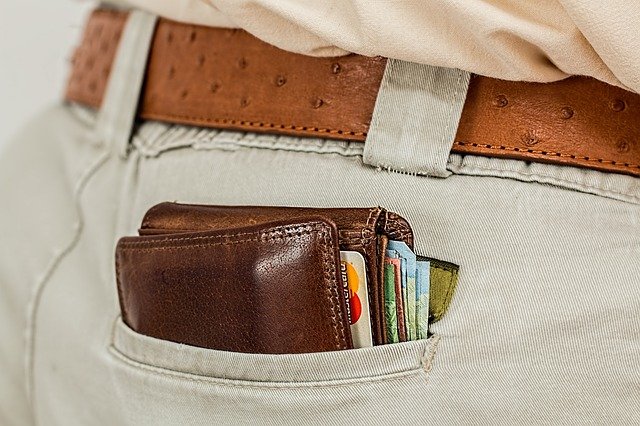
Every country has its fair share of pickpockets, bag snatchers and the like; not one is free of them. However, you may be surprised to find out that there aren’t so many pickpockets in Greece as there are in so many other countries – nor is the crime in Greece so high. So if you are planning to take a picture of some green cultural point, you generally don’t have to worry about your camera being snatched away from you.
Most of the activity does, however, happen in tourist areas. Some cities such as Athens pack the most pickpockets, particularly on public transportation and most popular touristic spots.
- How to avoid pickpocketing and theft in Greece?
Staying safe from thieves in Greece is fairly easy – and you don’t have to take any extraordinary precaution methods. All you need to do is bring your common sense with you.
For example, there is no issue with binging your ID or your credit card with you. You just need to be careful that your bat always stays close to you – and that you don’t lose its grip. You may, however, want to leave your passport at your accommodation; it’s not like you will need it while visiting Greece anyway.
As a further precaution method – and this applies regardless of you are at home or on a vacation – is that you only take as much money from the ATM as you need for the day. And instead of stashing your credit card, ID, and other important documents in your wallet, you should find a different holder for them. Some Greece safety travel tips will give you some good examples of hidden travel pockets.
This way, if you are unlucky enough to have your wallet stolen from you, at least you will know that not everything is lost. All that you lost are maybe one day’s expenses – and you can draw more from the ATM.
Scam Risk in Greece: MEDIUM
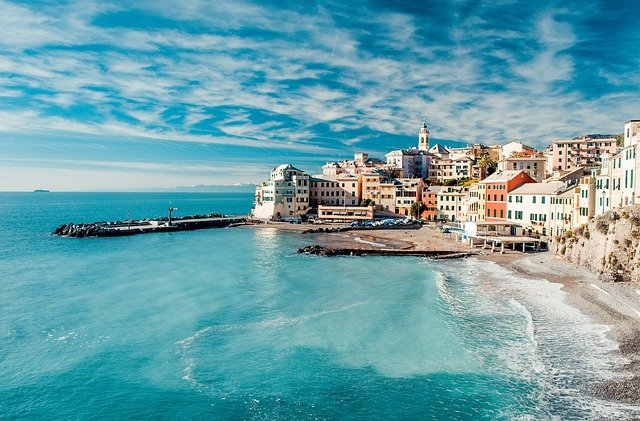
Considering that Greece is a country that gains a lot of its profits from tourism, it’s understandable that some people there will attempt to scam you. These attempts are usually most common during the summer since that is when the tourist number is at its highest. Tourists are seen as “naïve targets” who will not know if they are being scammed.
Street vendors are most likely o take advantage of you. They will try to overcharge a particular service or will try to sell you a fake that they say is “100% authentic.” Taxi scams are not as common, but you may come across taxi drivers that will try to overcharge for a ride. Be careful that the meter is always on when you get into a taxi.
- How to avoid getting scammed in Greece?
When it comes to scams, research is key. Granted, you may not be able to learn the prices of everything in Greece in one go – but you can still try to get an average. This way, if a souvenir seems to be too expensive – then it probably is.
Be careful of vendors that will try to sell you 100% authentic – and are very insistent about it too. If they are trying too hard, it is likely that they are trying to sell counterfeit products – and then leave there before anyone comes asking for their money back.
Always double-check for authenticity – and also double-check that you have received the exact change in return. Some vendors will take advantage of the crowds to give you less change – which is why you always need to count your cash.
You might also want to read a detailed Greece safety guide on the topic to ensure that you know how to avoid scammers.
Kidnapping Risk in Greece: LOW

As mentioned, there is a very small chance of being kidnapped in Greece. There is not as much political unrest in Greece anymore, and terrorism is not that activating in this country. No kidnapping cases have been recently reported in Greece – but it does not mean that the danger can be ruled out.
- How to avoid getting kidnapped in Greece?
To avoid being kidnapped in Greece, there are several common-sense precautions that you might want to keep in mind. For one, if the local authorities inform you of restrictions to a particular area, then you might want to heed their advice and stay away from there.
You should also avoid areas that are poorly lit or are not really populated. Remote alleys are the places where most unfortunate incidents occur – and this includes kidnapping. This is because no one will ever see the activity – and will likely not get reported. Therefore, if a street seems particularly empty, you might want to take a detour and go along the more populated ones.
Kidnapping is generally done by desperate, poor people trying to get a ransom. As a result, it might be a good idea to get some kidnapping insurance before setting on a holiday. This way, if you actually get kidnapped, you may be able to give the kidnappers what they want so that you can leave safely.
Terrorism Risk in Greece: LOW
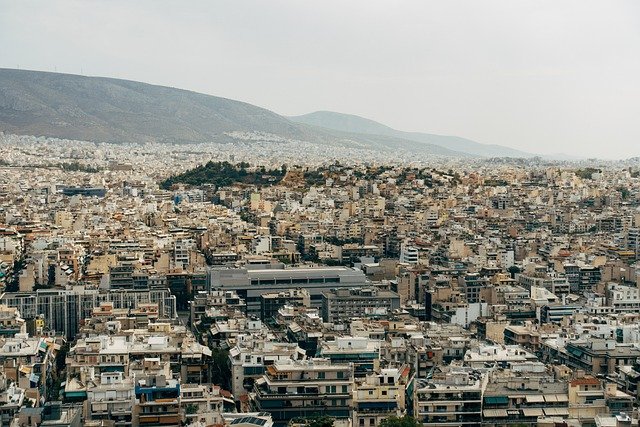
Despite the general terrorism risk throughout the entire world, there haven’t been any recent attacks in Greece. There have been some attacks on Greek institutions, banks, and official institutions – but those have been a long time ago. Tourists are particularly safe since no attempts have been made to attack the tourist spots.
Terrorism, however, is an issue – so you might not want to rule it out entirely, regardless of how safe it seems. You might want to read some Greece safety travel tips so that you will know precisely how to spot a terrorist before they strike.
- How to avoid terrorism in Greece?
To avoid a terrorist attack, you will need to learn how to spot a terrorist. Look for anything that seems to be out of the ordinary – such as people in a vehicle, watching the building or slowly driving around in.
You might also want to look out for people loitering around, taking notes – especially of where the entrance and emergency exits are. If you notice this type of suspicious activity, you might want to discuss it with the owner of the building or contact the police.
Be careful of people looking like they might be hiding something. If they are wearing bags or long cloaks that look like they might be concealing something, you might want to take some distance. If the person also seems nervous, it might also be a sign that this particular person is a terrorist.
If you come across these signs, you might want to put some distance between you and the suspect. Once you have reached a safe distance, contact the local authorities and tell them about your suspicions.
Risks for Women Traveling Alone in Greece: LOW

Those of you asking yourself “is Greece safe for solo women travellers,” your concerns have been answered: even if you are travelling solo or with a group, there is no reason why you should feel unsafe. People are actually going out of their way there to help a woman when she is in need – and overall, regardless of the city that you are visiting, the community is fairly polite.
There is, however, a need for women to follow general advice whenever they are travelling to a foreign country. Most assaults against women happen on remote streets that are poorly lit – but also in bars and other places packed with intoxicated men. These are the places that women are advised against going to at night, especially if they are not accompanied.
- How to avoid crime as a solo woman traveler in Greece?
To prevent any unwanted circumstances, you might want to avoid walking through shady areas in the first place. If you see that a street is particularly dark and empty, try to find a detour that is more illuminated and has more people. You can never know what might be lurking in those shadows.
Similarly, you might want to avoid going to bars alone, particularly at night. Once men get intoxicated, they will no longer have any boundaries – which will put them at a greater risk.
Rape Risk in Greece: LOW
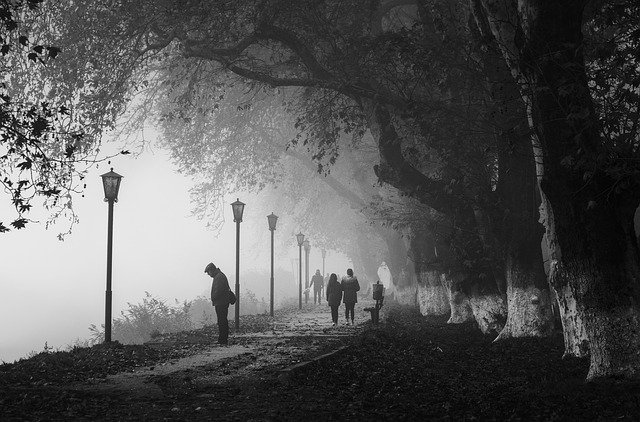
Just as there is a low chance of being attacked in Greece, there is just as low a chance to be sexually assaulted there. There haven’t been any recent rape reports or assaults – and as long as women take the proper steps in precaution, there should be no issues whatsoever.
So, to answer your question regarding “is Greece safe for solo women's travellers,” the answer is once again yes. There should be no reason for you to feel unsafe in Greece.
- How to avoid getting raped in Greece?
To avoid being sexually assaulted in Greece, you need to simply take care of yourself like you would in your own country. Avoid walking alone on dark streets, and you should also avoid walking around at night – particularly if you are unattended.
Ideally, you should avoid entering bars late at night – since that is the time when people are most likely to be intoxicated by alcohol. Most barriers are down at that point, and the chances of you getting raped will be very high.
If it cannot be avoided, you should at least be careful with who gets close to your drinks. While date rape drugs are not that common in Greece, it is still a problem globally. As a result, it might not hurt to be extra careful.
Risks for People Traveling With Children in Greece: LOW

As mentioned, Greece is fairly high-rated when it comes to tourism. For that reason, you should never feel unsafe when it comes to bringing your children with you. Local children are usually very open and friendly even with foreign children – so as long as your child is being polite, there should be no reason for you to worry.
Considering the kidnapping rate in Greece, the abduction of your child is rarely a concern. The most unfortunate of incidents happen in crowded places (plazas, malls, and the sort) when the child wanders away by themselves. This, however, does not happen unless you leave your child out of your sight.
- How to avoid unwanted scenarios?
The best advice to avoid an unwanted scenario would be to watch your child like a hawk. As long as you teach them that it is not OK to wander or talk with strangers, there should not be any problems. Whenever you are in a big crowd, you should always hold your child’s hand so that you do not lose them.
Natural Disaster Risks in Greece: LOW

Other than drowning in the sea, there aren’t any natural disasters that can strike you in Greece. To avoid any unwanted scenarios, you might want to take some swimming lessons and avoid the high tides.
So, how safe is Greece for tourists when it comes to natural disasters? Quite safe, as long as you read at least a Greece safety guide.
Transportation Risks in Greece: LOW
Transportation is generally fairly safe in Greece – and aside from the occasional taxi scam where the driver plans to overcharge you, there is nothing to worry about. You may, however, want to call a cab over from an official company – and avoid picking a random car from the side of the street.
Night-clubs, Pubs, and Bar Risks in Greece: LOW to MEDIUM
Pubs and bars are generally safe in Greece – but only as long as you go during the day, and only as long as you take the necessary precautions. For example, if you go throughout the day, there should be no issue. At night, however, there is a risk of stumbling across drunk people – and if you are alone, that might not end well for you.
Health Risks in Greece: LOW
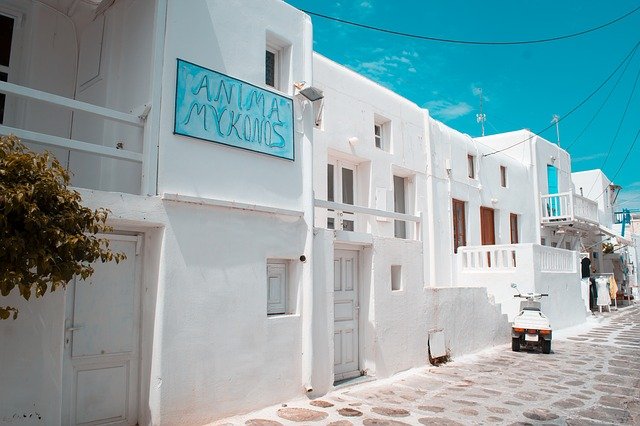
There are not any significant health risks in Greece – and the only thing you will have to worry about is jellyfish or other sea creatures giving you the sing. The food and water are generally safe – so your only concern should be to visit your doctor in order to get your vaccines.
List of Vaccines You Need in Greece
Aside from the standard vaccines that you need to get in every country (measles, pneumonia, flu, polio, chickenpox, etc), there are also a few vaccines that you might want to consider for Greece:
- Hepatitis A
- Hepatitis B
- Meningitis
- Rabies
So, is Greece safe to visit? Pretty much, as long as you are properly vaccinated. Ideally, however, you might want to have the shots taken half a year prior to departing.
Most Dangerous Area in Greece
Greece is a relatively safe country, so you cannot say that there are any actual areas that are actually “dangerous.” Athens is the only place that raises most concerns – but that is generally because of pickpockets that operate in tourist spots. As long as you take the proper precautions, you should be safe.
Concluding Remarks: Is Greece Safe to Visit?
In a nutshell, Greece is very safe to visit. It ranks one of the safest countries in the world, it has locals that are very welcoming to its tourists – and it is overall a very beautiful country to visit. As long as you avoid dark streets and the occasional pickpocket, you should be safe.




